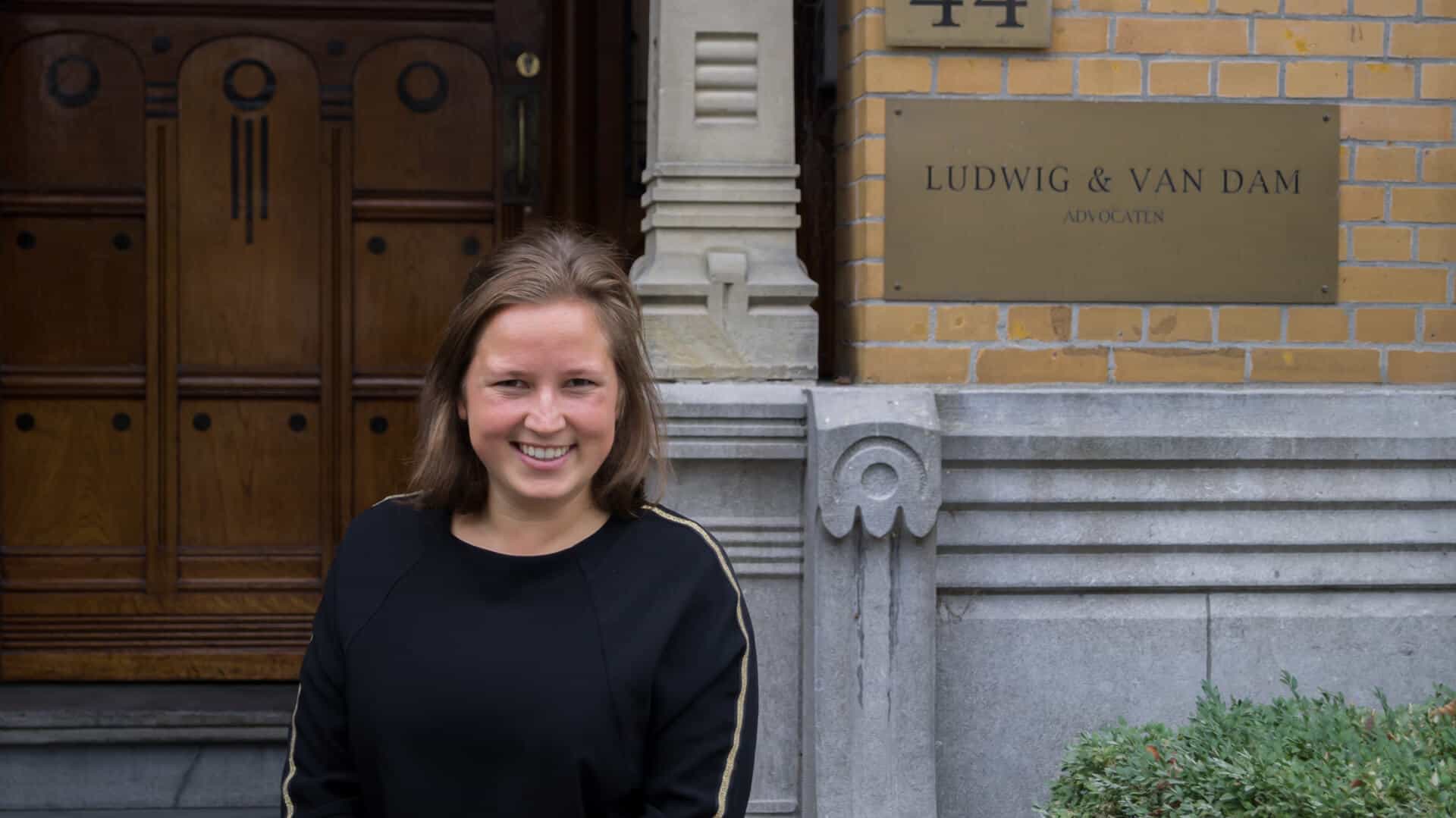Car dealer wrongly not a franchisee?
The Franchise Act entered into force on 1 January 2021. The transitional period of this law has expired on 1 January 2023 and every franchise formula – including the associated franchise agreement – must be fully compliant with this law. Because the Franchise Act specifically applies to a franchise relationship, this obviously does not apply to other partnerships. After all, in order to be able to appeal to the law, it is required that the cooperation qualifies as a franchise.
Whether a partnership qualifies as a franchise is not always clear. In some cases, the parties (‘franchisor’ and ‘franchisee’) even differ in opinion on this.
Judgment of the court
With its judgment of 24 May 2023, the District Court of Amsterdam ruled on whether the agreement with regard to the joint venture between Stellantis Nederland BV (which has the task of supplying the vehicles produced by car manufacturers of the Opel, Citroën, DS and Peugeot brands, among others) sell) and on the other hand qualifies its dealers and/or repairers as a franchise agreement.
In assessing whether there is a franchise agreement, the court only considers whether there is a remuneration element. The Franchise Act stipulates that the franchise agreement is an agreement whereby the franchisor grants a franchisee, for a fee, the right and imposes the obligation to exploit a franchise formula in the manner designated by the franchisor for the production or sale of goods or the performance of services. services.
Forms of compensation
The explanatory memorandum (to the Franchise Act) stipulates that the remuneration to be paid by a franchisee can be a direct payment in money or another consideration, as well as a more indirect form of financial compensation for the exploitation of the franchise formula. For example, compensation may be paid to the franchisor in the form of a surcharge on the purchase price that the franchisee pays for goods that he purchases from the franchisor and which he then markets under the franchise formula.
This explanation shows that there is a high degree of freedom in the manner in which the franchisee pays a fee to the franchisor. The example given in the explanatory memorandum with regard to paying a surcharge on the purchase price is also common.
Discussion about the franchise fee
In the opinion of the dealers/repairers, this example is also relevant in their case. Dealers/repairers pay a higher purchase price (because they receive a lower discount) for vehicles/parts than other (business) customers. Both the dealers and the repairers believe that in this way they pay a fee for using the ‘franchise formula’.
Despite the fact that the present dispute seems to be in line with the example from the explanatory memorandum, the court rules differently. In her opinion, the fact that a (too) high price is paid for goods or services does not mean that the too much is ‘therefore’ a franchise fee. The court concludes that there is no question of a franchise agreement. The dealers/repairers can therefore not invoke the Franchise Act.
As a result of this judgment, the court does not meet all other requirements for a franchise agreement. While there can indeed be a franchise agreement on those points as well.
Judgment of the court under discussion
The Court’s ruling that there is no question of a franchise fee can be questioned. After all, the Franchise Act offers a broad concept that, in principle, means that all forms of remuneration can qualify as franchise remuneration. The question of whether there is a franchise fee must also be assessed in conjunction with the other requirements that the Franchise Act sets for being a franchise formula.
In my view, concluding a dealer contract creates an operational, commercial and organizational formula for the production and sale of cars, with a uniform identity and appearance. A trademark and a prescribed house style are always used. This means that half of the definition of the franchise formula has already been met. It is therefore certainly not inconceivable that the dealer pays for these services and that the paid surcharge therefore qualifies as a franchise fee.
The discussion of whether there is a franchise formula should have focused on the question of whether the know-how transferred from Stellantis Nederland BV to the dealer meets the legal definition. After all, this is also a requirement for being a franchise formula. Despite the fact that the law contains a fairly strict definition of this, it is not inconceivable that it can be argued successfully that the practical information provided by manufacturers to dealers qualifies as know-how, such as sales methods, shop fittings and training courses. Unfortunately, the court did not get round to this interesting discussion.
For the time being, no appeal has been lodged against the judgment of 24 May 2023.
Ludwig & Van Dam lawyers, franchise legal advice.
Do you want to respond? Then email to munnik@ludwigvandam.nl

Other messages
Accountability for franchise, marketing and IT fees
A ruling from the Midden-Nederland court of October 18, 2023 ...
ROZ model contracts (rental) adjusted: what are the consequences for Franchise relationships?
On April 10, 2024, the Real Estate Council (ROZ) announced ...
Abuse of power in the French supermarket sector
After Belgium, France has now also had enough when it ...
Supermarket location due to exceeding the decision period by the municipality
In a dispute with the municipality of Helmond, the issue ...
Standstill period protects the over-enthusiastic franchisee
Standstill period protects the over-enthusiastic franchisee The standstill period ...
Breach of pre-contractual information obligation in case of franchise
In summary proceedings, the District Court of The Hague rendered ...







